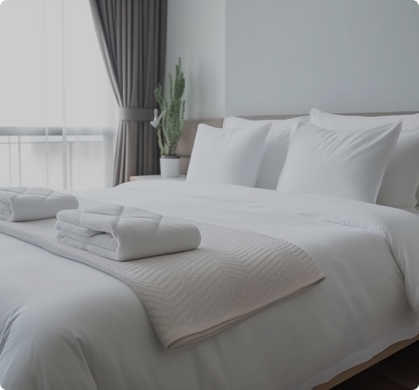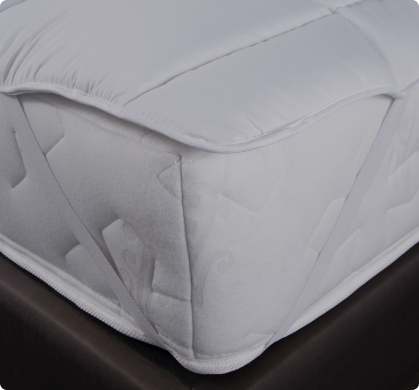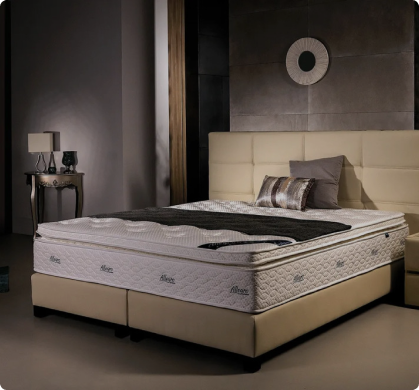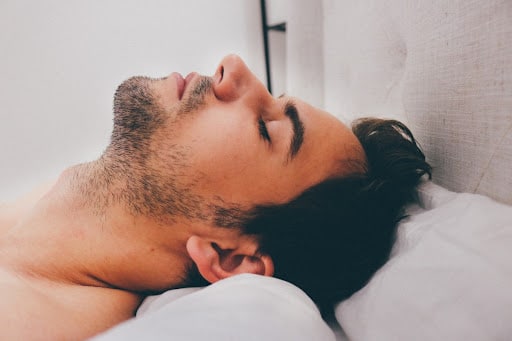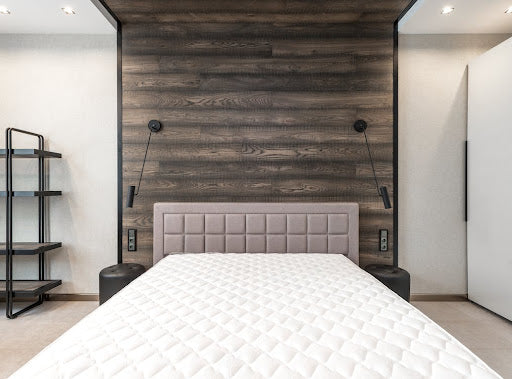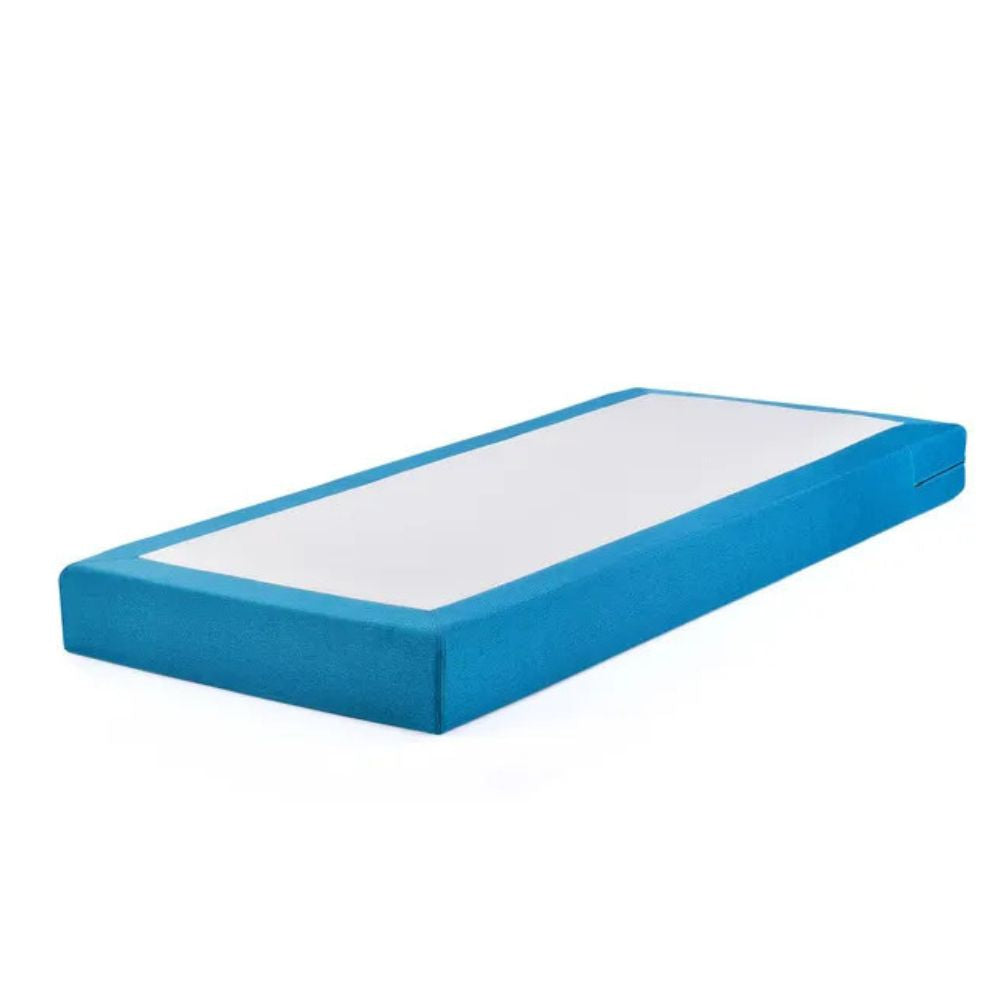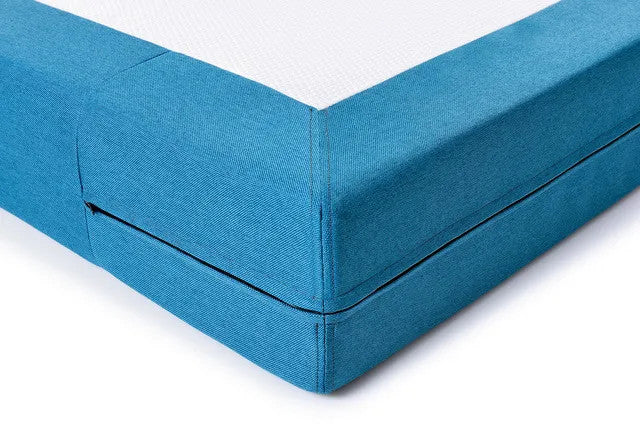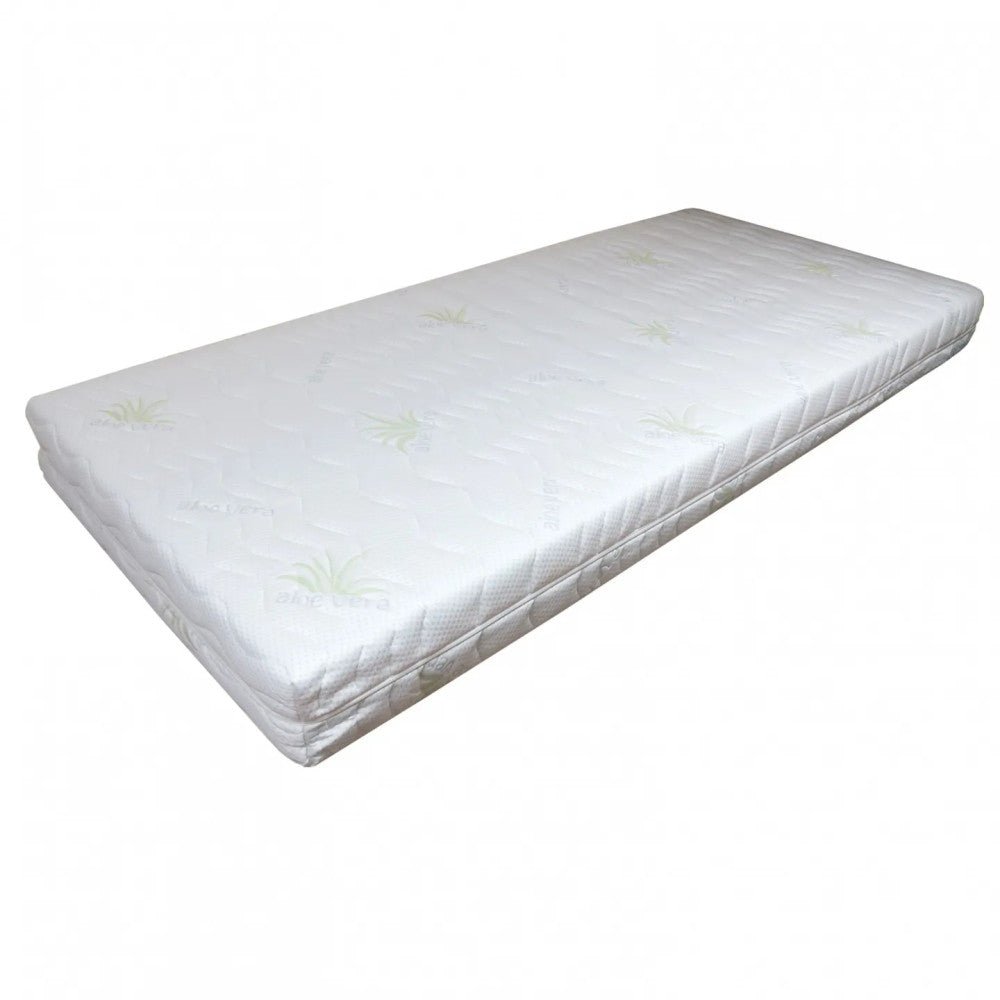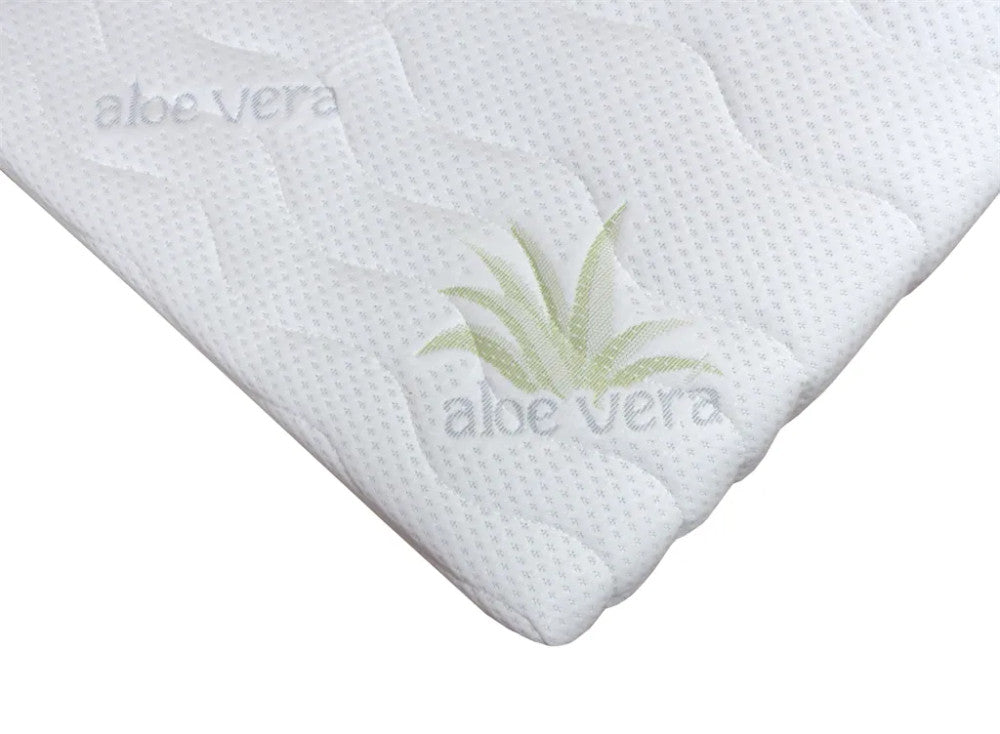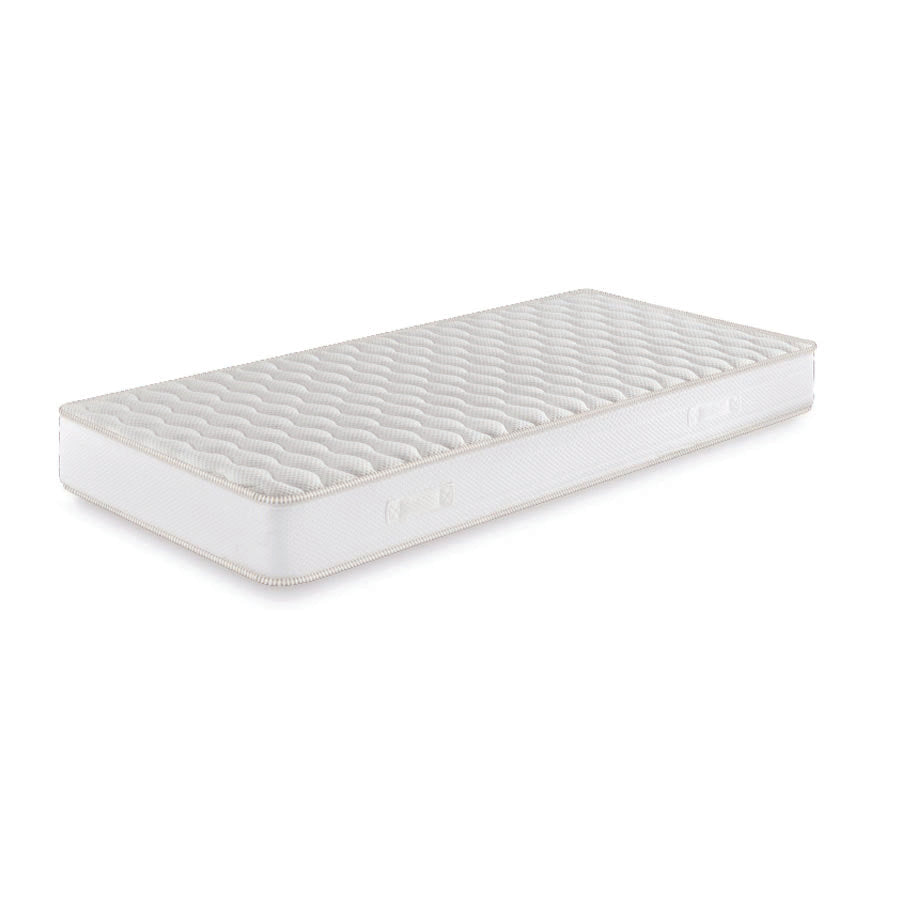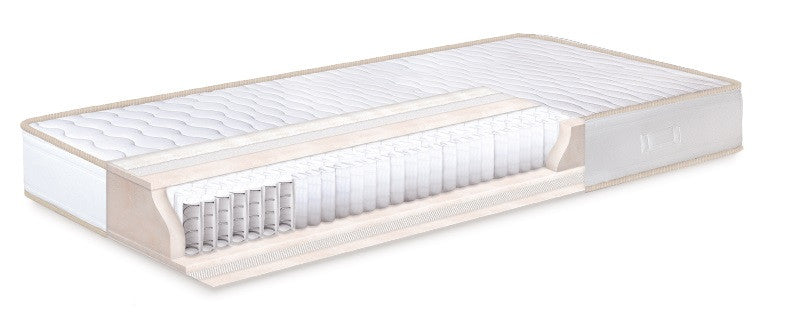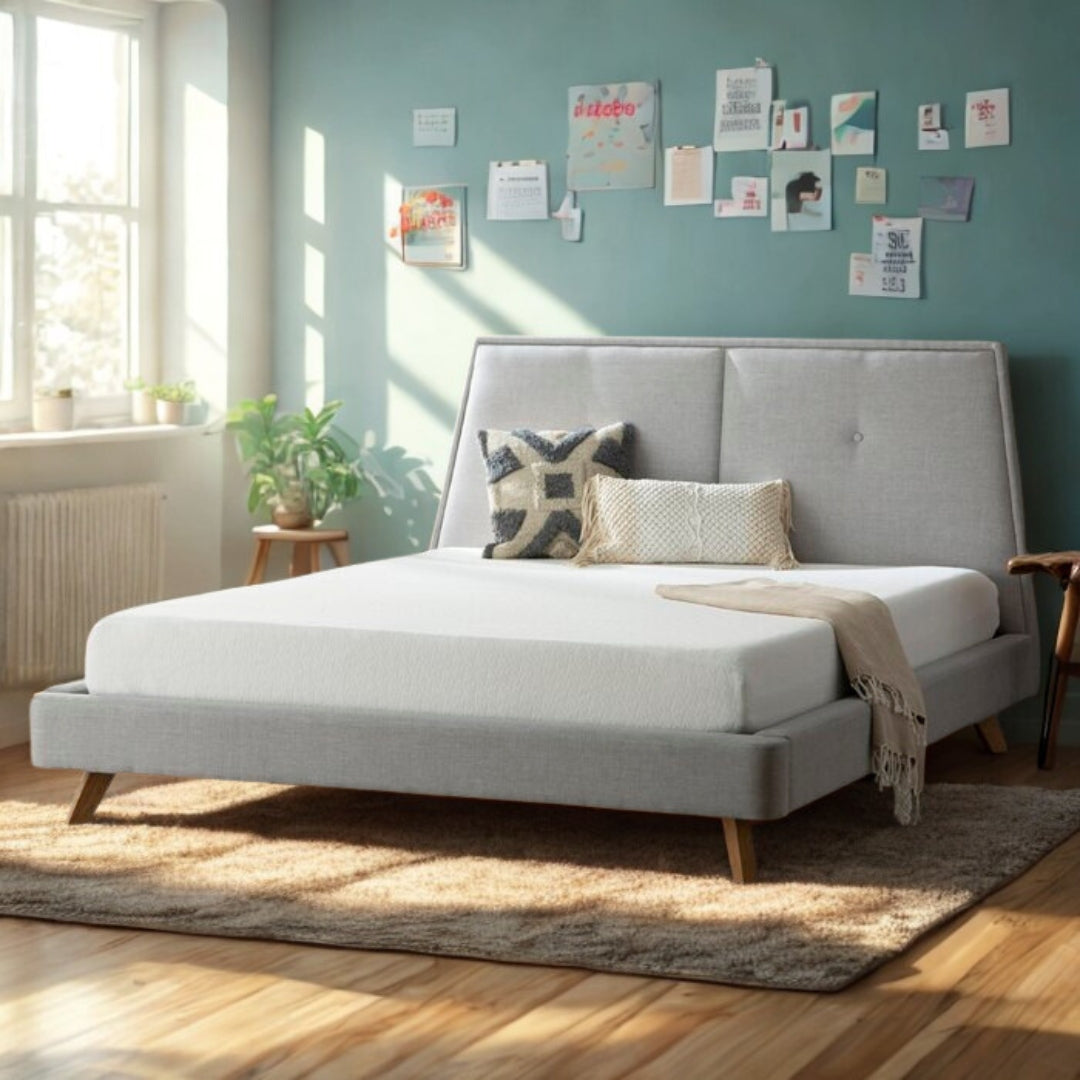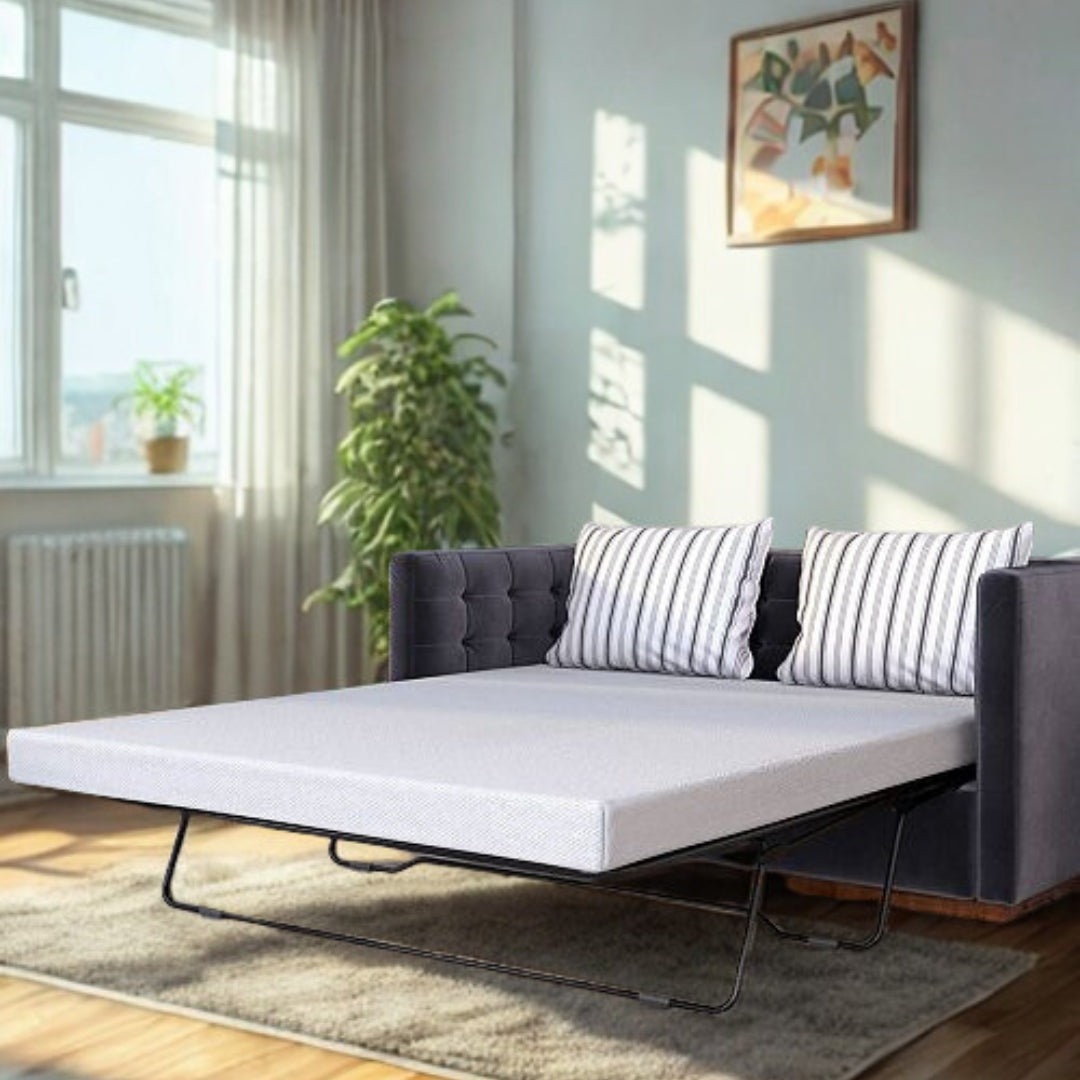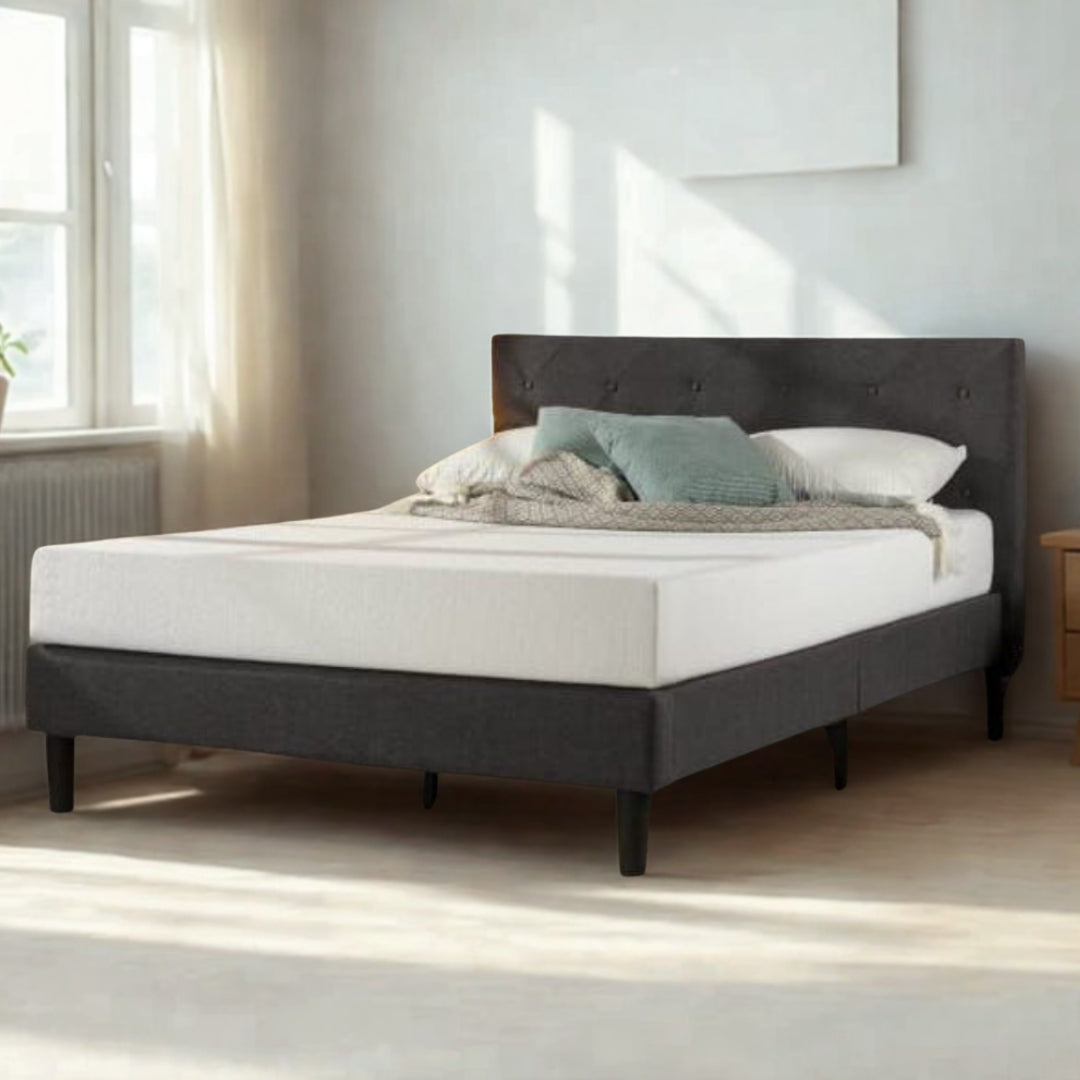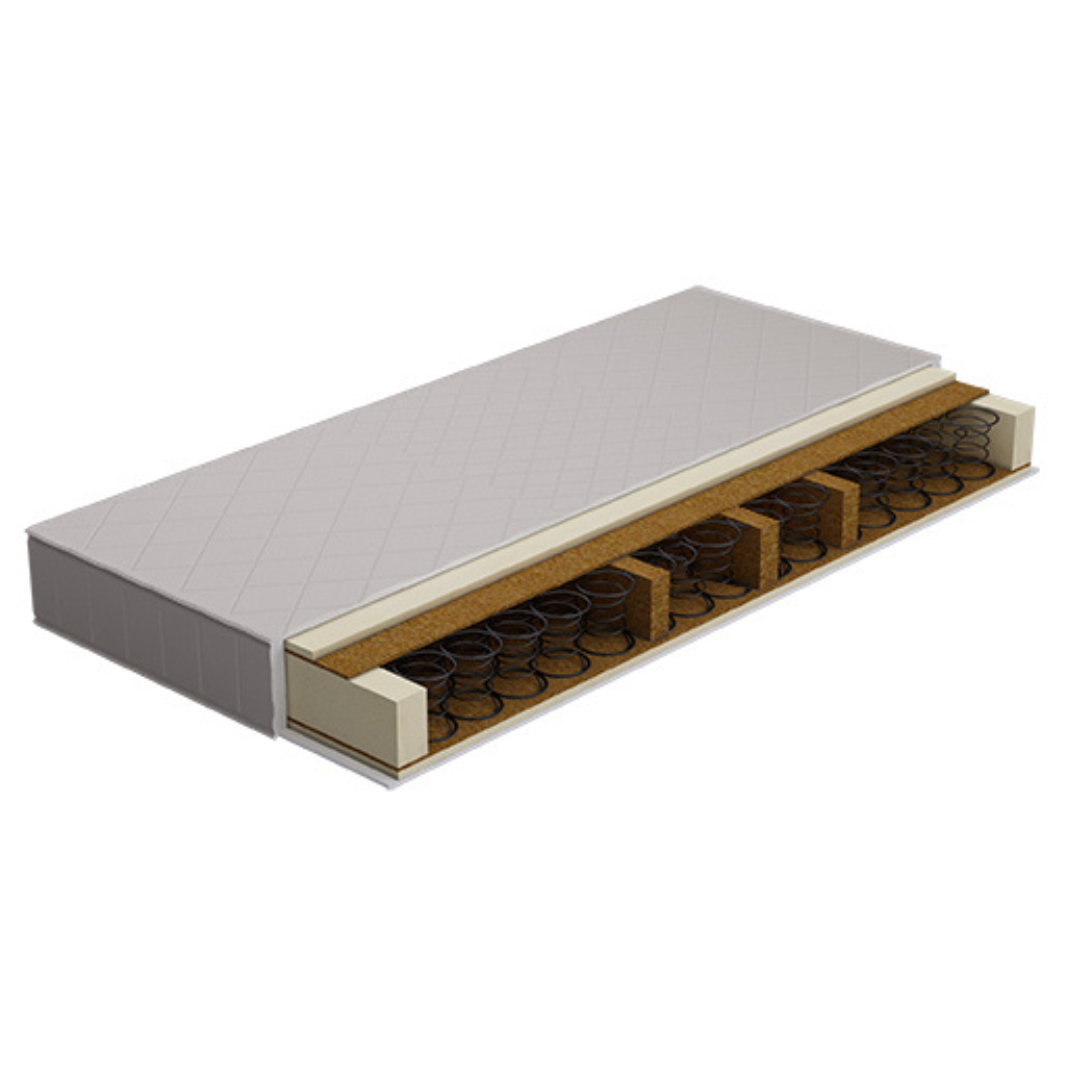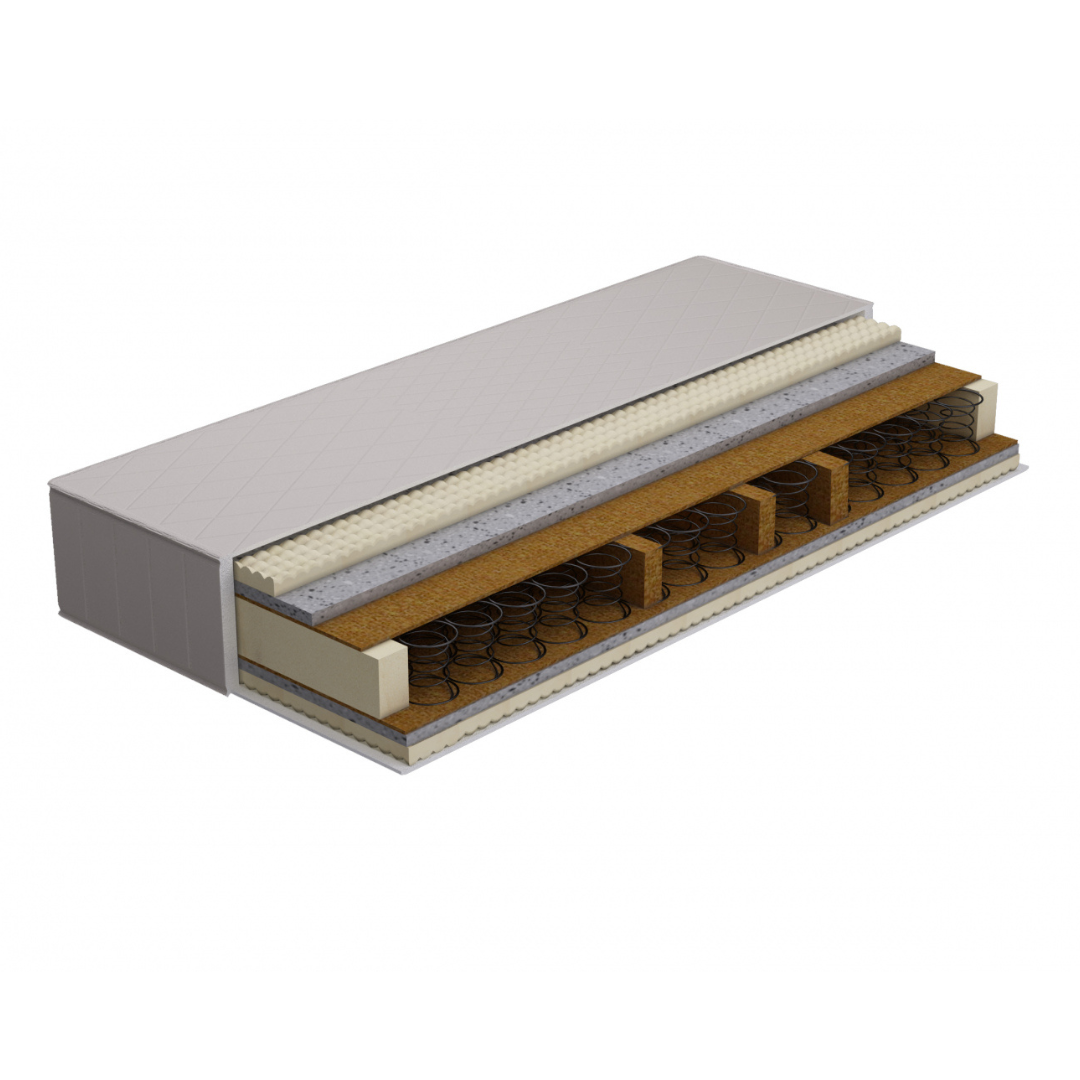You probably have a favorite sleeping position that helps you fall into a deep sleep. In many cases, your body will tell you which position is best for you: for example, sleeping on your left side is best for people with reflux or acid reflux.
(If you You like to sleep on your side , then we recommend the article at the link.)
Interestingly, according to a study, only 10% of the population sleeps on their backs, even though it has a lot of benefits. Let's see what they are!

Benefits of sleeping on your back
Lying on your back helps people with heartburn, among other things, and can also significantly relieve neck pain.
#1 Reduces the unpleasant symptoms of heartburn
When you lie on your back, your head and chest are slightly elevated, so this, along with lying on your left side, is the best position to help relieve heartburn.
#2 It also reduces symptoms of acid reflux
If you suffer from acid reflux, sleeping on your back is also one of the best choices, just make sure your stomach is lower than your esophagus. (A good pillow is enough for this.) This way, food and acid cannot "creep" up your digestive tract while you sleep.
#3 Helps relieve neck pain
Lying on your stomach will cause your neck to be out of alignment with your spine, which can lead to neck pain in the morning. However, lying on your back (if you have a proper pillow to support your head) will keep your neck in line with your spine and there will be no extra pressure or strain on it.
#4 Less pressure on internal organs
Sleeping on your back isn't just good for your spine: there's also less pressure on your internal organs when you sleep on your back.

Possible disadvantages of sleeping on your back
As we wrote in the introduction: everyone has their favorite position, and sleeping on your back is definitely not for everyone. If you experience any of the following after sleeping, it's worth trying a different sleeping position.
#1 Back pain
Some people simply get lower back pain from sleeping on their backs. This can happen when your shoulders and neck are in a straight line, but your butt sags, causing your lower spine to curve.
#2 Sleep apnea
If you suffer from sleep apnea, you've probably experienced that lying on your back makes your symptoms worse.
This is because your chin falls forward, which can hinder proper breathing. If you sleep on your back due to sleep apnea, it is worth making sure that you sleep facing up, as this will keep your airways clear.

How to choose the right mattress?
Unlike the side sleepers – many of whom are softer mattresses They prefer to relieve pressure on the shoulders and hips – those who sleep on their backs distribute their weight more evenly while sleeping.
So, if you sleep on your back, a medium-firm mattress is a good choice because it prevents the heavier parts of your body from sinking too deep. This also prevents your buttocks from sinking while you sleep - which can help eliminate morning back pain.
Of course, you might legitimately ask what a semi-firm mattress is like. However, since people's height and weight vary, it really depends on the person. While a smaller woman weighing just 50 kg might find the mattress extra firm, if you were a 90 kg man trying out the same mattress, you'd probably describe it as medium-firm or soft.
Be careful not to choose a hard mattress, as this does not follow the normal curvature of the spine, causing tension in the lower vertebrae. Just think about it: if the mattress is so hard that it does not allow your bottom to sink in, your hips will be higher than the rest of your body, putting extra pressure on them that you will not thank yourself for in the morning.
While zoned mattresses are the winners when sleeping on your side, when sleeping on your back you don't need to pay special attention to this, just make sure the mattress is semi-hard and naturally follows the line of your spine.
For this, the cold foam mattresses are the best alternative, or if you prefer slightly more sunken mattresses, a semi-firm memory foam mattress could be a good solution.
The pillow also matters a lot.
Last but not least, it's worth saying a few words about pillows, because a good mattress is worthless without a good pillow.
When sleeping on your back, it is worth choosing a pillow that is not too hard, as this will raise your head, which can lead to neck pain in the morning. It is worth trying an anatomical pillow, which provides adequate support for the lower part of the neck, but at the same time does not press up the back of the head.


